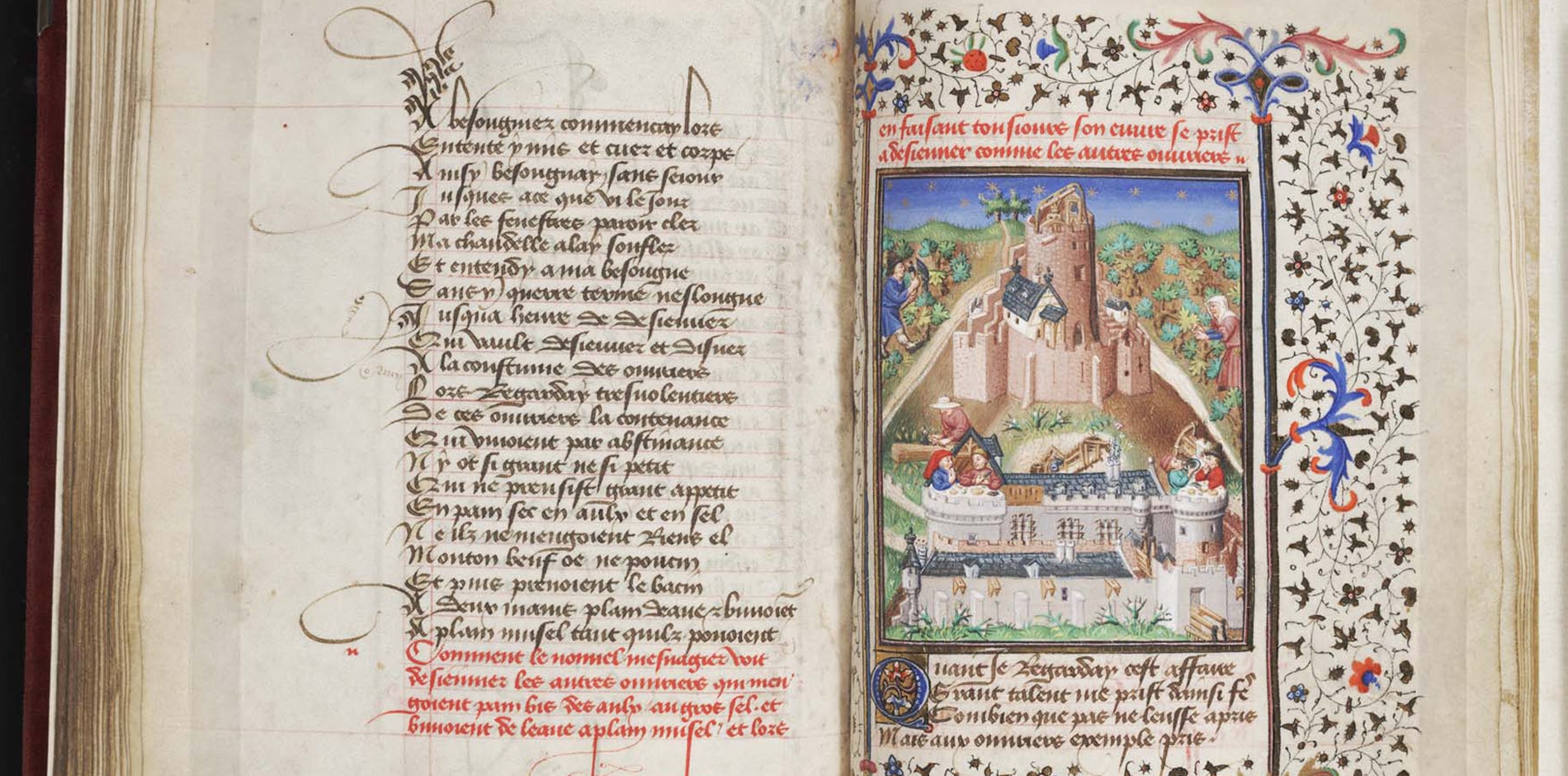Institute of Museum and Library Services Grants Funding for Digital Scriptorium 2.0

The University of Pennsylvania Libraries’ Schoenberg Institute for Manuscript Studies (SIMS) announces the receipt of a $100,000 planning grant from National Leadership Grants for Libraries, a program of the Institute of Museum and Library Services (IMLS).
The IMLS grant has been awarded to the Penn Libraries on behalf of Digital Scriptorium, a consortium of 34 institutional members representing American libraries and museums across the country. The grant will provide funding to plan the redevelopment of Digital Scriptorium’s online platform.
Since 1997, Digital Scriptorium has been committed to providing free online access to its members’ collections of pre-modern manuscripts. Digital Scriptorium’s ultimate objective is to create a novel platform — using linked data technologies — to integrate all of its member institutions’ collections into an inclusive, open access, online catalog of pre-modern manuscripts housed in U.S. institutions.
“Penn Libraries has been a proud member of Digital Scriptorium since the very beginning,” says Constantia Constantinou, H. Carton Rogers III Vice Provost and Director of the Penn Libraries. “We are thrilled to be collaborating with peer institutions on the creation of a state-of-the-art, open-access database for pre-modern materials.”
“This is an exciting opportunity,” agrees Lynn Ransom, Curator of Programs at SIMS and Project Director for the grant. “SIMS will play a significant role in a national manuscript studies project of unprecedented magnitude.”
At its inception, Digital Scriptorium premiered an online platform to address the immediate needs for access and discoverability of pre-modern manuscripts. Its online database has grown to serve an international community of scholars, librarians, teachers, and students. Online technologies have changed dramatically in the 23 years since Digital Scriptorium was launched, however, and the original platform requires renovation.
“Thoughtful and strategic steps taken over the past several years have prepared us for our next great challenge,” explains Debra Cashion, President and Executive Director of Digital Scriptorium since 2015.
Indeed, in 2017, the Digital Scriptorium Board of Directors polled its database users about improvements that might be of benefit to their research. Digital Scriptorium 2.0 (DS 2.0) will incorporate this feedback in the next stage of development of a national catalog, which will moreover provide a center of authority control and standardization for manuscript cataloging practices.
In 2018, SIMS invited Digital Scriptorium to present on the future development of DS 2.0, which ultimately resulted in Penn Libraries’ becoming the administrative sponsor of the IMLS grant. “With a firm base of support from Penn Libraries and the rest of our participating institutions, the Digital Scriptorium consortium is both confident and enthusiastic to begin the development of DS 2.0,” says Cashion.
The year-long IMLS grant will support the planning phase of redeveloping Digital Scriptorium’s existing digital platform. Planning will entail refining the purpose and scope of DS 2.0; developing the DS 2.0 data model; and creating a plan for both technological and financial sustainability.
Even in the planning phase, DS 2.0 will serve as a cross-disciplinary model for incorporating stakeholder and community input to rebuild a legacy digital project into a viable and sustainable online resource.
For more information about DS 2.0, please contact Lynn Ransom directly.
Date
August 4, 2020
